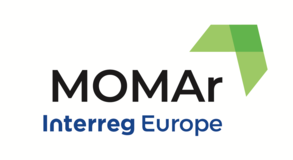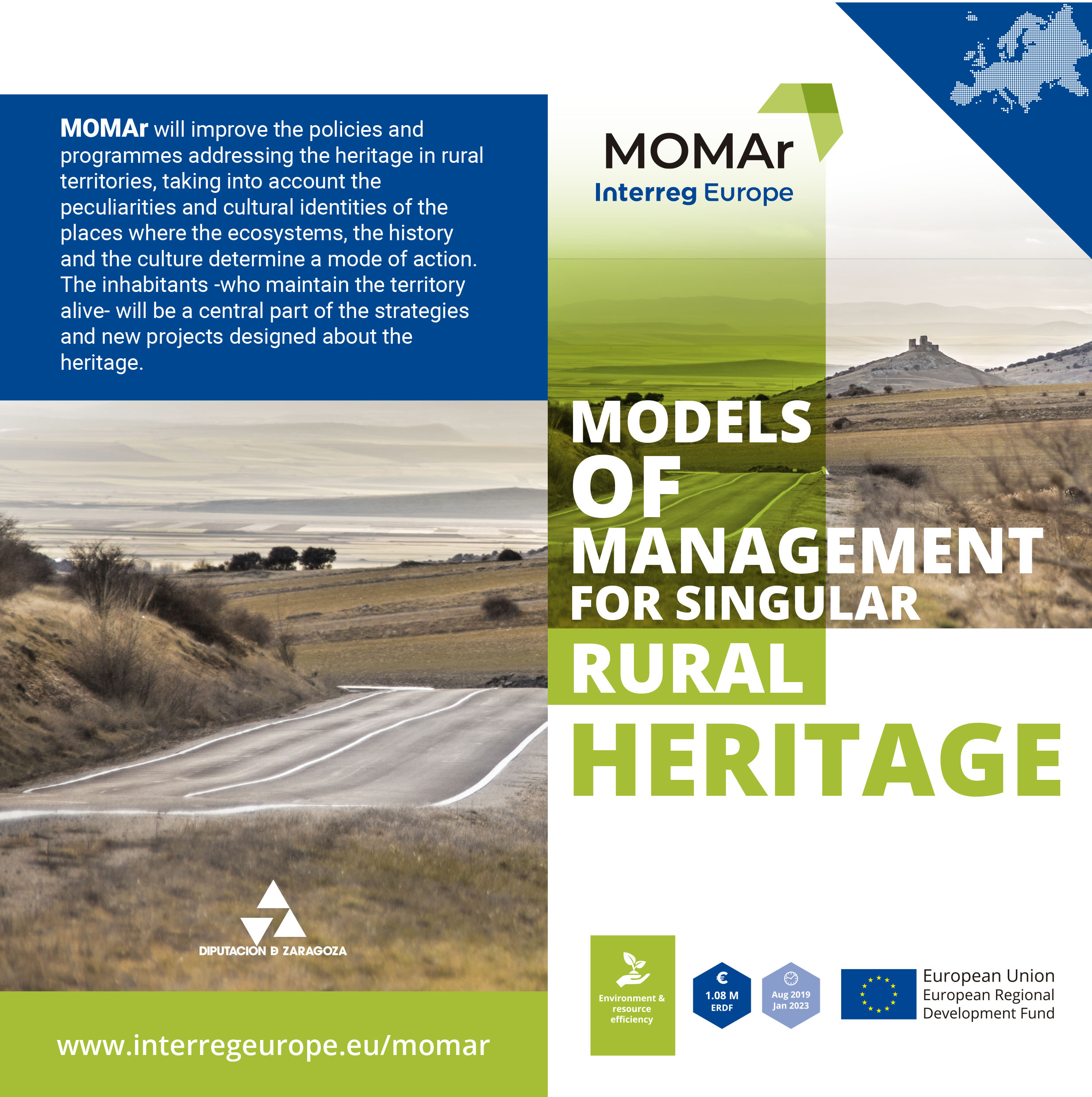Province of Groningen (Netherlands) held their second stakeholder meeting focused on evaluating the Interregional meeting of Corsica and what the Dutch participants learnt from the seminars and the territory visits. The meeting, that needed to be virtually due to COVID lockdown, had the aim of discussing and prepare the report, announce the next steps to do, and define exchange options to implement in the province of Groningen. Later on, the conclusions were presented to the provincial deputies for Heritage, Spatial quality, and Landscape.
Assessment and decision
The Dutch team who participated in Corsica’s meeting consisted of six professionals, policy advisor Heritage, Spatial quality and Landscape, Gijsje Stephanus, senior policy  advisor liveability, Angelique van Wingerden, and project manager MOMAr of the Province of Groningen Janneke Verdijk; together with three stakeholders, professor Living Environment in Transition from Hanze University of Applied Sciences, Elles Bulder, program manager Eastern-Groningen Regional Program for quality of the human environment - RWLP Oost-Groningen, Bart Gorter, and specialist cultural heritage and architectural historian from Libau - an independent advisory committee for spatial quality and cultural heritage in the provinces of Groningen and Drenthe, Herman Waterbolk.
advisor liveability, Angelique van Wingerden, and project manager MOMAr of the Province of Groningen Janneke Verdijk; together with three stakeholders, professor Living Environment in Transition from Hanze University of Applied Sciences, Elles Bulder, program manager Eastern-Groningen Regional Program for quality of the human environment - RWLP Oost-Groningen, Bart Gorter, and specialist cultural heritage and architectural historian from Libau - an independent advisory committee for spatial quality and cultural heritage in the provinces of Groningen and Drenthe, Herman Waterbolk.
After the trip to Corsica, the group of work met the last April to discuss the good practices presented by MOMAr partners, as well as the new information and experiences they lived during the interregional event. Gathered all, the experts debated the possibility to implement them in the Province of Groningen. Afterward, the group prepared a report to deliver to their Provincial deputies for Heritage, Spatial quality, and Landscape.
As a second step, they organized an inhouse web-meeting in June for the organization of the Province of Groningen with professionals from connective disciplines to share the insights and applications learned in Corsica. The result was a lively dialogue between professionals from the disciplines of heritage, landscape, liveability and demographic change, tourism, archaeology, and culture. All the participants endorsed the power of co-creation and agreed MOMAr provides useful and inspiring materials for the keepsake of our heritage.












